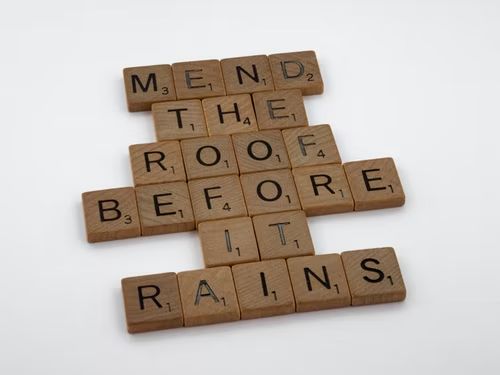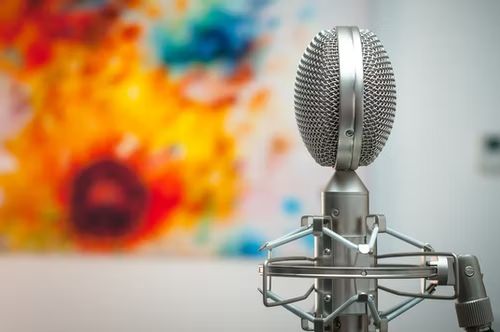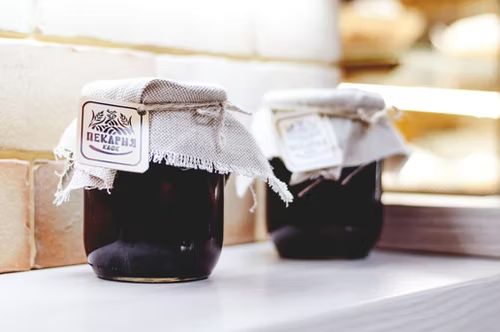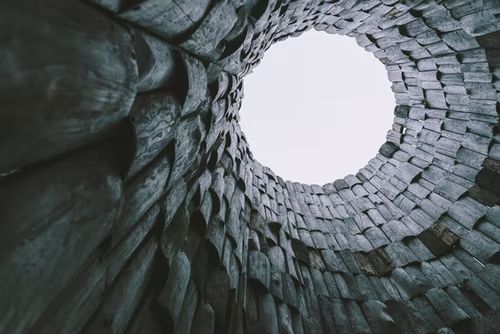Oral history is an interactive, intersubjective and creative process that springs from an engagement with memory. In addition to the dialogue that takes place between the historian and the narrator, there is also the active shaping of that narrative in the process of the interview and thereafter that should also be considered. In this blog we’ll be looking at key elements that define oral history interviews.
Preparation

Preparation is perhaps the most important element for an oral historian looking to conduct their oral history interviews. It’s in the preparation stage that oral historians decide on a topic or subject of interest and the narrator (interviewee) whose experiences are relevant to their area of study.
Preparing for an oral history interview typically involves adequate background research on both the narrator and the topic or subject of interest.
Securing equipment which include the best voice recorders, batteries, extension cords, cell phones (in case of equipment problems), etc and practice using them on family and friends if necessary until you can use the equipment in your sleep. Ensuring you have adequate memory for your recorders by deleting all files on the recorder or your equipment to ensure you have adequate recording space and your recorder is at full capacity. Ensure your equipment settings match your instruction sheet to avoid any mishaps while recording.
Develop a set of questions to guide the interview process beforehand.
Put into consideration the legal and ethical issues connected to the oral history interview that may arise.
Interviewing

In an interview, the oral historian should strive to create a situation in which the interviewee is able to reflect widely, to recall fully, and to associate freely on the subject of the interview, all the while maintaining an atmosphere in which they are willing to articulate fully those recollections. In essence, an oral historian should try and practice at least four of the six Rs of oral history as laid out by Martha Ross while conducting interviews which are-
Rapport: Good rapport is established by approaching the interviewee properly and informing them (the interviewee) the purpose of the interview and advising them on their role and their rights. Making them comfortable enough to engage is what is aimed for here.
Restraint: This involves maintaining conversation by asking open ended questions and listening closely without interruption. Challenging questionable information in a non-threatening way all the while maintaining an atmosphere that lets the interviewee feel they are able to respond fully and truthfully.
Retreat: As an oral historian you should try and have a planned and scheduled session so that the session concludes before the interviewee becomes fatigued.
Respect: An oral historian, while conducting an interview, should try and maintain respect toward the interviewee and toward the practice of the oral history interviewing process. This involves respecting their experience, the way they remember their experiences, and for the way they are able and willing to articulate those recollections. Avoid judgement toward them as they share their experiences.
Preservation

In many ways the real work for an oral historian begins after the interview is concluded. Figuring out the transcription process, the storage of data. Since oral history is a method of historical documentation it is important to ensure the care and upkeep of oral history materials, whatever format they may be in. This will ensure the voices of our narrators will endure to speak for them when they are gone.
Access

The main aim of collecting oral history data is for the voices of those before us is heard, told and preserved for future references. Now for it to be useful for future readers, it has to be easily accessible, through libraries and documentaries etc. However, access to oral history collections has suffered from the neglect of oral historians and archivists. Having access to oral history records has its benefits such as
It encourages you to think ahead about which information you need to collect to add to the already existing data.
Oral historians and others can benefit from the previous experience of researchers who created the schema
It makes it easier to share information and data and to compare and cross-reference.
That’s it for this blog, I do hope it was helpful. Check out my blog on Top Tips on How to Ask Questions in An Oral History Interview to get the most out of your oral history interviews.
Please feel free to contact us for any of your transcription needs and questions and remember, always be kind try to stay positive and learn to unwind.
